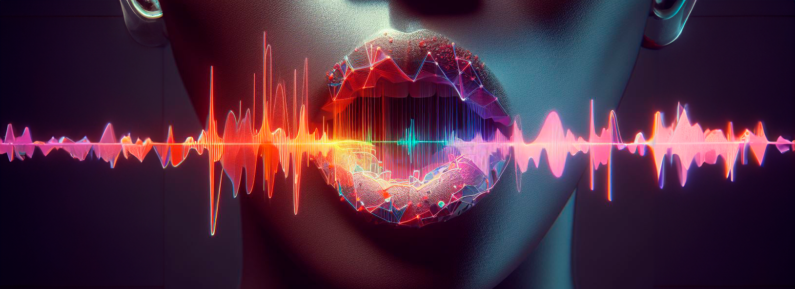Deepfake Audio Detection using LLM

Project Overview
Developed an innovative deepfake audio detection system using wav2vec 2.0 framework, achieving 94% accuracy in identifying AI-generated speech. The project addresses the growing challenge of audio deepfakes in security and authentication systems.
Research & Development
This project involved extensive research and experimentation with various approaches:
- Implemented self-supervised learning with wav2vec 2.0 for robust feature extraction
- Developed novel self-attention aggregation layer for improved detection accuracy
- Created advanced data augmentation pipeline for model robustness
- Integrated LMCL and frequency masking techniques for better generalization
Technical Challenges & Solutions
Faced and overcame several significant challenges:
- Addressed computational complexity through optimized model architecture
- Implemented real-time processing capabilities for practical applications
- Developed robust noise handling mechanisms for real-world scenarios
- Created efficient data preprocessing pipeline for large-scale datasets
Research Integration
Key research papers and resources that influenced the project:
- "wav2vec 2.0: A Framework for Self-Supervised Learning of Speech Representations" (Facebook AI Research)
- "DFADD: A New Dataset for Audio Deepfake Detection" (ICASSP 2023)
- Advanced techniques from Microsoft Research's Speech & Audio Processing Lab
- Innovative approaches from Google's DeepMind Speech Team
Impact & Applications
The system can be successfully deployed in various use cases:-
- Financial institutions for voice authentication
- Call centers for fraud detection
- Government agencies for security verification
- Research institutions for audio forensics